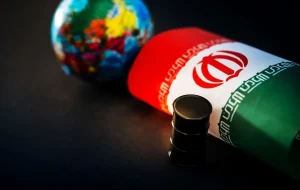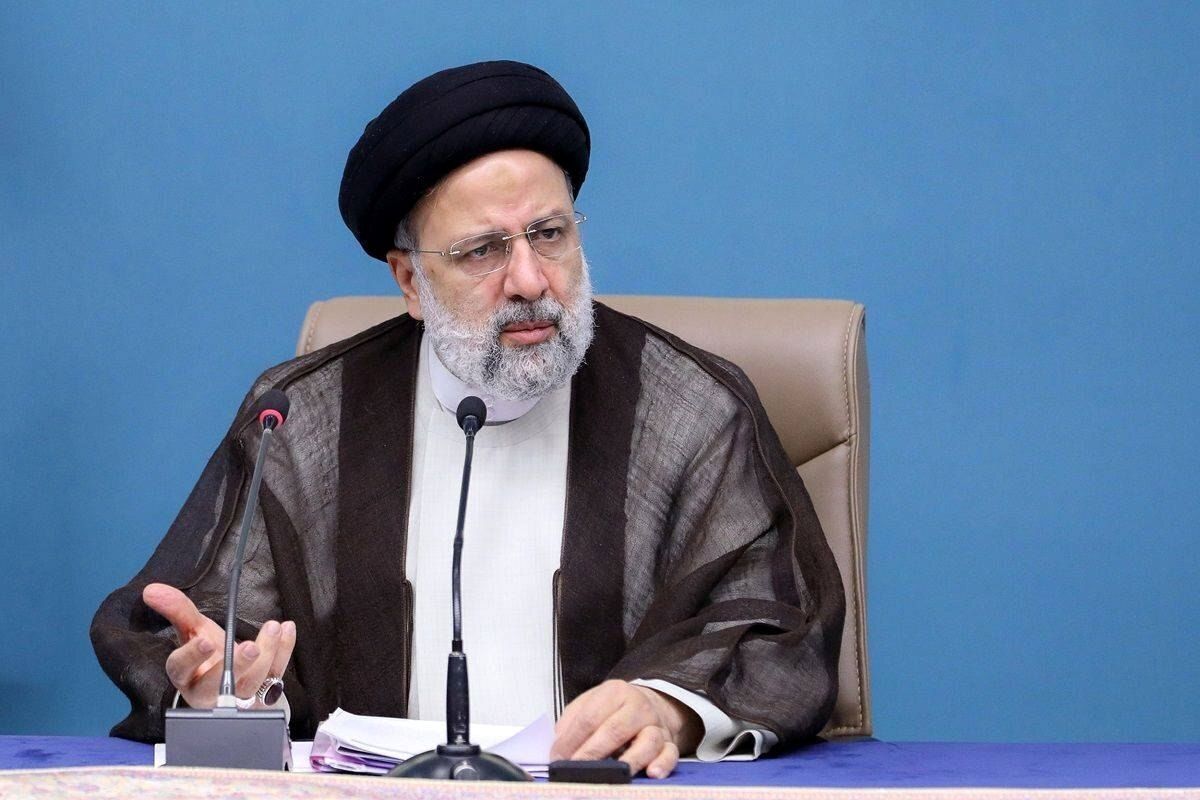
Mismanagement brought petrochemical production to zero
Production in Khorasan, Lordegan, Kermanshah, Zagros, Sabalan, Kimia Pars, and many other urea and methanol petrochemical plants has dropped to zero; why? Because the only prescription of all governments to overcome the gas crisis is to close the gas valve of petrochemical plants.

Growth in oil production and exports despite economic recession
Central Bank statistics indicate a 1.1% growth in oil production and exports in the first half of 1404; a growth achieved during an economic recession and alongside a 0.6% decrease in the country's gross domestic product.

The Yellow Dragon’s Addiction to Iranian Oil / Billion-Dollar Savings for Chinese Refineries
Estimates by the Kepler Institute show that China purchased over 80% of Iran's exported oil in 2025, with daily imports averaging around 1.38 million barrels, equivalent to approximately 13% of China's total seaborne oil imports.
آخرین اخبار

Reducing oil and gas consumption in non-power sectors of the country
The CEO of the National Iranian Petroleum Refining and Distribution Company announced a daily average reduction of 5 million liters of oil and gas consumption in 1404 compared to last year, saying: "This success is the result of implementing control policies and measures, using smart tools to combat fuel smuggling, and intensifying monitoring of major non-power plant consumers."

Completion of major repairs to gas platforms in phases 20 and 21 of South Pars
The major repairs of the gas platforms in Phases 20 and 21 of South Pars were completed with more than 8,000 safe working hours recorded and 910 repair orders completed.

Donation of hormonal diagnosis laboratory equipment by Gachsaran Polymer Industries Company/An important step towards improving the health of pregnant women and children in Gachsaran
In line with its social responsibility, Gachsaran Polymer Industries Company, in coordination with the Ministry of Health, Treatment and Medical Education, as well as the Gachsaran County Health and Treatment Network, participated in the purchase of necessary equipment for hormonal and blood tests at the Gachsaran State Laboratory.

Oil money that went up in smoke; Iran and the wound of torch burning
Gas flaring in Iran, with a share of 15% of global flaring, burns billions of dollars of wealth and has become a threat to the health and environment of oil-rich regions.

Progress of Dehdasht Petrochemical Project Reaches 45%
The CEO of Dehdasht Petrochemical Industries Company announced about 45 percent physical progress in the company's heavy polyethylene project.

Announcement of guidelines for the continuity of petrochemical industry production in crisis conditions
The Deputy Minister of Oil and CEO of the National Petrochemical Company said: "The instructions for continuing petrochemical industry production in crisis and emergency situations were communicated to regions, holding companies, and petrochemical companies with the aim of sustainable production and meeting the needs of complementary industries."

Call for tenders for the supply of goods and the implementation of Petro Pars guard rooms
Petro Pars Company published a public call for tenders for the supply of goods and the implementation of guard rooms and ancillary facilities - South Azadegan Oil Field Development Plan Phase-1.

Reducing Tehran’s water consumption by treating oil refinery wastewater
Following the intensification of the water crisis this year, Tehran Oil Refining Company, by implementing one of its most important environmental projects, succeeded in reducing the capital's daily water consumption by 20,000 cubic meters.

Unprecedented decline in Tehran’s water resources in the last 60 years
Tehran Province's Water and Sanitation Authority has announced that the droughts of the last five years and the decrease in rainfall in Tehran Province in the current water year, which is unprecedented in the last 60 years, have severely affected Tehran's water resources.

99% of the refining industry is in the hands of the government; the real private sector is still absent
Private sector representative of the Small Scale Association: Despite 10 state and quasi-state refineries, less than one percent of refineries are private.




